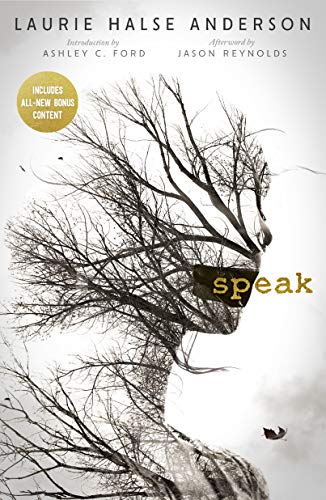The Girl in the Garden
Melanie Wallace (Adult Fiction)
A widowed landlord. A young, abandoned mother. An elderly woman with a tragic past and her estranged daughter. A Vietnam veteran who bears the scars of war. A town patriarch and sage longing for a family. The lives of these damaged and vulnerable individuals converge in a small eastern town in the 1970s. Bleak, repentant, and tragic, their stories tell of unrequited love, repressed shame, and regret, but as their paths become intertwined, each begins to experience acceptance, forgiveness, and a second chance at happiness.
The Girl in the Garden is a first for me in that this novel—brimming with characters and dialogue—contains no quotation marks. Not a single one. Although Wallace’s writing technique is unique and immersive, this continuous stream-of-consciousness style of writing was both intensive and exhausting:
So, Claire said, the question of the day is: are you a good driver? And that caught Sam off-guard, for it meant she’d learned if not from Leonard then maybe from George—who rarely spoke in sentences that could be understood, his speech being as garbled as his mind, but then Claire had a way of making people intelligible, who knew how?—that Sam wasn’t blind in the eye over which he always wore a patch that also covered his eyebrow and some of his scarred, dented cheekbone.
This book feels more like a mind dump rather than a cohesive story and the constant ramblings often pushed my attention span to its breaking point; however, there are some endearing characters and relationships that keep the story interesting and smooths the rough patches a bit. And although this garden seems to be mercilessly overrun with tangles of ivy and carpetweed, the occasional rose manages to emerge for those readers patient and diligent enough to push through.
Rating: 3/5
* Book cover image attributed to: www.abebooks.com
We’re now posting videos of some of our book reviews! Follow us on Facebook at www.facebook.com/thedustyjacket or on Instagram @tdjreviews and join in on the fun!




